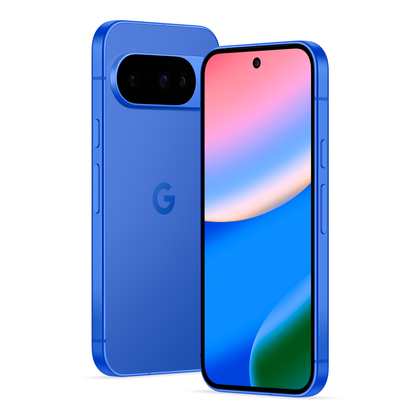Glance AI isn’t a well-known name in the US or Europe, but in Asia, it’s an omnipresent entity that lurks on the lock screen of smartphones everywhere. Xiaomi, Realme, and Samsung phones with Glance AI installed show news, sporting results, ads, and sponsored content on the lock screen. It’s a horribly intrusive app that turns your phone into an advertising billboard. On phones in India, disabling the app merely prompts frequent requests to re-enable it.
In April 2024, Glance reportedly started a pilot program to bring the app to Motorola phones on the Verizon network later that year. It already comes preinstalled on some Motorola phones, but nothing much came of the partnership. However, Glance is back, and this time it’s partnering with Samsung to bring AI-powered fashion recommendations to your home screen.
Glance takes you on a daily trip through the uncanny valley
I hate these airbrushed versions of myself
After its failed attempt to duplicate its app for the US and Europe, Glance has taken a different approach, one that relies on our insecurities to sell products. It’s a classic advertising technique, but rather than using unnaturally handsome models, it uses an unnaturally handsome version of yourself to showcase outfits.
Glance AI for lock screens is currently only available on the Galaxy S22 and later S-series devices. While I was unable to test it on my phone’s lock screen, the experience is roughly identical on your lock screen and in the app.
After you boot up Glance AI and enter your personal details, it’ll ask you to take a selfie. This will be the image that Glance uses to generate outfits for you, so make sure it’s a good one. Or don’t. The resulting photos are edited so heavily that you could probably take a photo mid-sneeze and use that for the same result. Unfortunately, I was unable to test this theory as I am in depressingly good health at the time of writing this article. However, I made a small effort to sabotage the system by skipping my usual hair-care routine and snapping this unflattering, poorly-lit, frizzy-haired photo.
But no matter how many times I tried to take awkward or unflattering photos, Glance AI rolled up its sleeves and gave me a makeover. Hilariously, it also sent my digital avatar to the gym to improve my muscle tone. The results? See for yourself.
The app generates a new selection of styles every 24 hours, and changes my physique and haircut with each photo. The results are eerie. I don’t look like that in the flesh, and I can only wish my hair could be tamed like that. But isn’t that the point? Glance wants to show us an idealised version of ourselves. Sure, we don’t actually look like that, but perhaps by buying the recommended clothes (appropriately linked just below the photo), we can.
Glance AI is the harbinger of a new age of AI manipulation
Glance AI uses ancient advertising tactics in modern ways
I won’t lie, Glance AI suggested some looks that I would be interested in copying. It also suggested outfits I regularly wear, so there’s some value in the system. But I can’t forgive how fake the results are, plus how aggressive its advertising tactics are.
Right below each photo are a couple of links to shop similar products to the photo. The images are fully AI-generated, so the links aren’t perfect matches, but they’re pretty close. Tapping on a suggestion will take you straight to the retailer’s website. Glance AI isn’t clear about what cut it takes from these sales, or whether companies can pay to take priority on suggestions.
Glance AI is driven by a core human truth: we want to become the best version of ourselves. – Naveen Tewari, Founder and CEO of Glance & InMobi
Glance AI is sort of fun as an idle curiosity, and it’s not the only app to create AI avatars of yourself for shopping. Google developed a similar system in 2023, but that felt less manipulative. Google’s approach was to let you search for clothes, then let you use an AI to see how it would look on yourself. Glance AI’s approach is rooted in the impossible quest for perfection.
Could our lock screens become little more than advertising spots?
I’m seriously worried about how intrusive Glance AI will become. I reviewed a slate of phones from Chinese manufacturer Nubia a few years back, and I had to work hard to remove all instances of advertising from my phone. They were incredibly intrusive features, and it’s not a big leap to see them becoming mandatory. The Play Store and Google TVs are forcing ever-more intrusive ads in our faces; the jump to our lock screens is closer than you think.
The terrible user experience aside, I am deeply concerned about the impact this could have on people. Teenagers are already suffering from overexposure to idealised lifestyles on Instagram and TikTok. How much worse will this effect become when “perfect” versions of themselves are forced in their face every time they turn on their phone?


